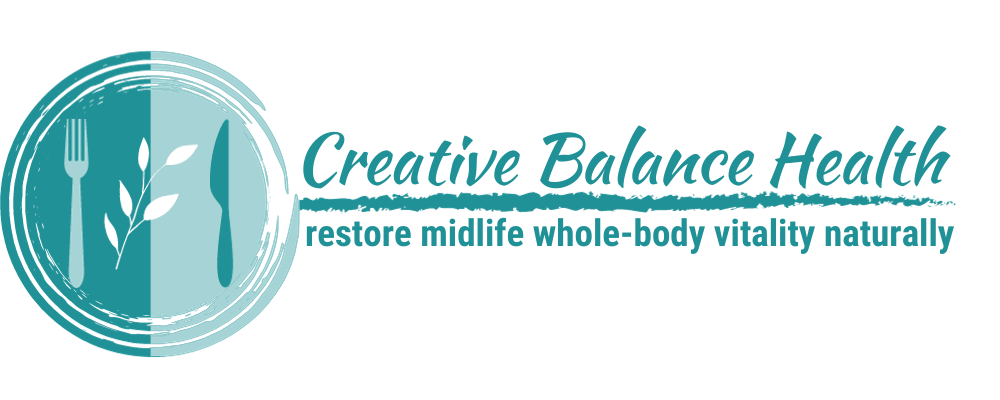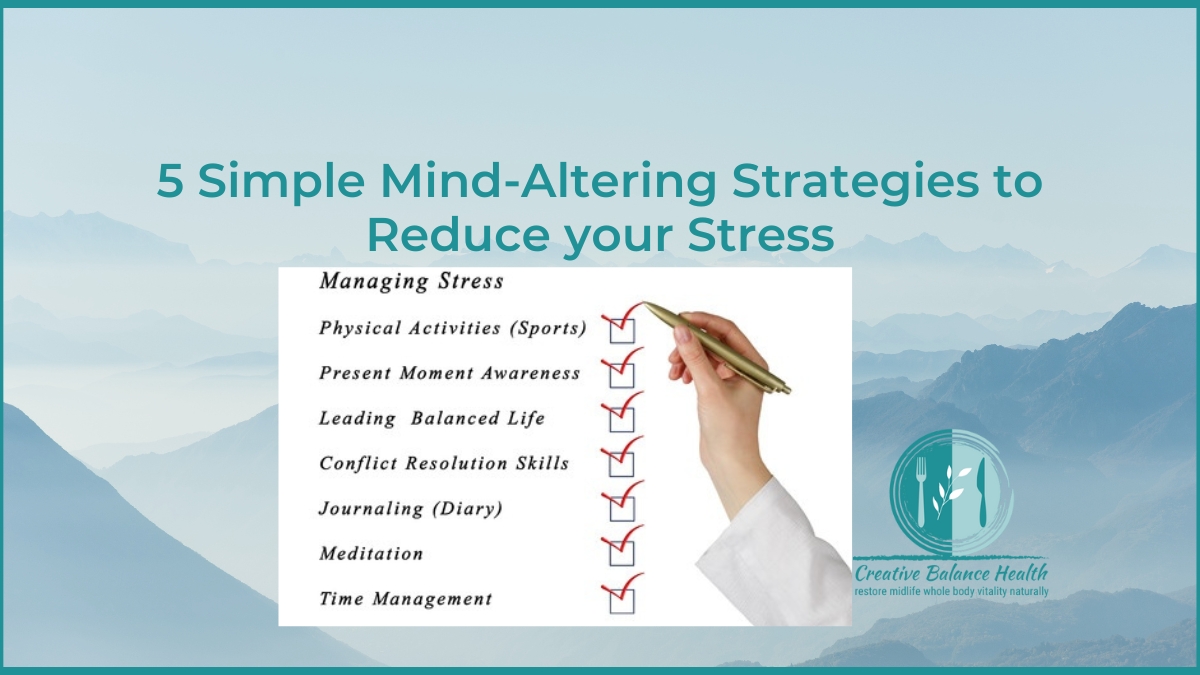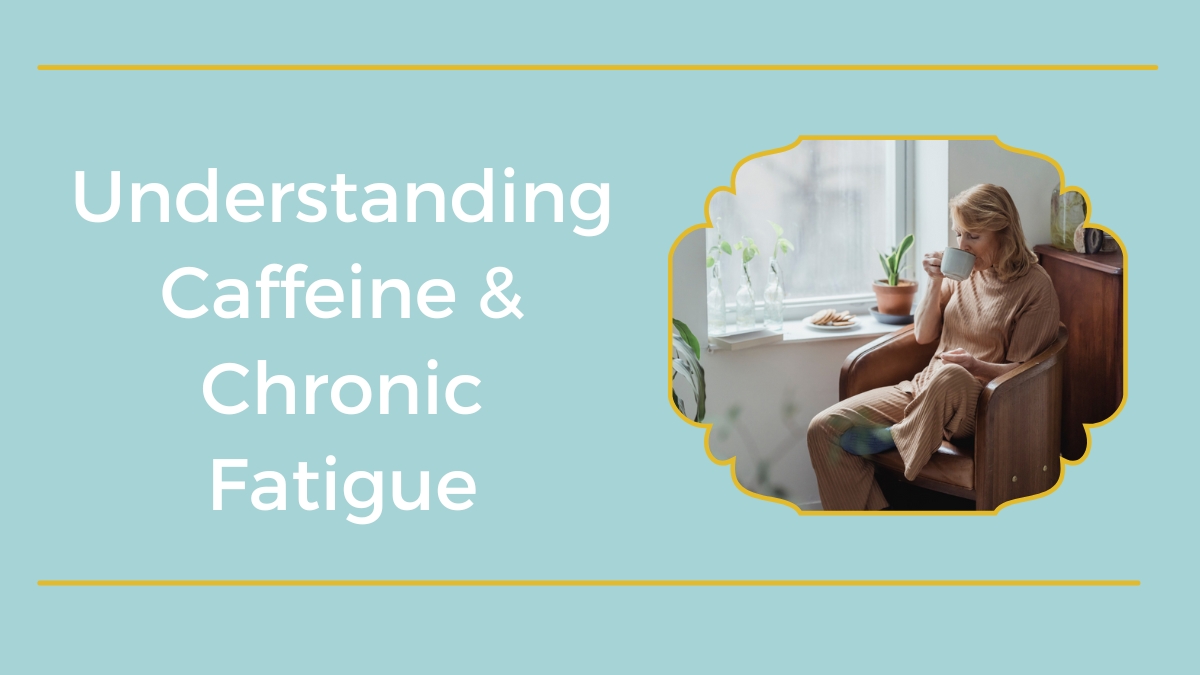We are smack into the holiday season, a time of joy, gratitude, giving, and love. It’s also the most stressful time of year and all that it brings has most likely increased stress levels exponentially! Are you feeling it, I know I am!
At mid-life you may now also have the added stress of being a caregiver, as I did taking care of my aging parents while also managing teens and young adults still at home.
On top of all of this, if you have your own business, this time of year also means making sure you meet your sales and financial goals before the end of the quarter plus taking care of any staff or inventory.
Isn’t stress just a part of life and doing business?
Well, if you weren’t already feeling stressed, I apologize if this reality reminder has stressed you out even more! But there is a bright side to all of this. Read on where first, I explain what stress is and how it may negatively and positively impact you. Then, I share 5 stress response strategies you can easily do anywhere, anytime, and at no financial cost, that will bring you life-changing benefits! Plus, I include a bonus tip at the end.

Have you noticed any patterns in your life revolving around long or intense periods of stress and your personal health?
Historically, I have always had a major health crisis crash around 3 months to the day after finally resolving a long-term or sudden stress situation in my life. This has included the death of my father from Alzheimer’s disease, my mother’s stroke, a sudden emergency in the family, leaving an abusive marriage, significant financial loss, quitting a toxic work environment, etc. Situations you may have also found yourself in.
“I just pushed through…”
Each time, I never addressed the stressful situation by making my self-care a priority. Instead, I pushed through and appeared “in control”.
As a result, I would develop an autoimmune condition (hypothyroidism), weight gain and belly fat, hair loss, rashes, severe body aches, and/or migraines every… single… time! In addition, I would always come down with inflammatory digestion and gut problems like gastroesophageal reflux disease (GERD), small intestinal bacterial overgrowth (SIBO), or H. pylori, with bloating and pain that brought down my immune system defenses even more. (CLICK HERE to read more About my personal health journey)
This is why I now always do everything I possibly can to minimize my stress response and take active steps to prepare and restore my body when facing stressors. And I now realize that at the very first sign of any of the above-mentioned health issues, I know that it’s my body’s way of telling me to take notice and take care! (If you are dealing with any of these health problems and need to take action, schedule a call to discover how I may help.)

Women react differently to stress
According to a study on the “Impact of Stress on Professional Women Entrepreneurs”1, women react differently to stress, report more stress-related symptoms and diseases and have a significantly higher risk of psychologically factored health problems than men. Any factor that causes negative effects on women entrepreneurs’ physical and psychological well-being is expected to negatively affect their work behavior. A startling two-thirds of Americans say that work is a main source of stress in their lives.
Although stress is not a disease itself, it is considered the #1 operative killer today. Our primitive fight-flight-freeze stress response plus poor coping mechanisms lead to adrenal suppression, weakened immune system, accelerated aging, impaired memory, and chronic health malfunctions and disease. According to the American Medical Association2…
“Stress is at the root of 60%-90% of all illness and disease.”
– American Medical Association
Not ideal, right?
You can become so numb to stress that it begins to seem normal, so you just keep pushing through. Sound familiar? But gradually chronic stress can make it hard to manage emotions, damage relationships, and interferes with energy levels and concentration.
Some signs that stress is showing up at work include:
- Taking on too much and getting less done
- Fatigue and distraction
- Avoidance
- Burnout
- Frustration, lack of motivation
- Accidents and mistakes
- Absenteeism, skipping meetings
- Self-medication with food, drugs, alcohol, cigarettes, etc.

Perfectionism triggers stress
For high-achieving women, perfectionism is a hallmark stress trigger for feelings of not being, doing, or having enough. We see this workplace pressure response provoked when our thoughts are in fear of the future mode.
- Inefficient multi-tasking, doing more with less.
- Lack of long-range planning leads to a sense of urgent priority and reaction needing instant attention.
- Technology creates an expectation of immediate response 24/7.
Benefits of managing work stress
If you’re a stressed-out solopreneur, I want you to know that overwhelm and overload doesn’t have to be your norm. By paying attention to how you interpret and respond to perceived career stress you can improve:
- Productivity
- Performance
- Confidence
- Creativity
- Better business decisions
- Responsiveness
- Focus
- Simplicity and ease
- Alignment with true purpose, core values, and strengths
Past stressful situations can provide opportunities for learning and growth. “I waited too long to start working on the newsletter last month.”
“Stress is any influence, internal or external, that causes or leads to malfunction.”
– Reed Davis, Functional Diagnostic Nutrition™ founder
Different types of stress
Not all stress is bad for you! Sometimes stress can make things happen, move forward, grow, and develop. This type of stress is called eustress like the adrenaline rush that an athlete gets before a sprint. Or the butterflies one feels in their stomach before making a big presentation.
Distress, on the other hand, whether mental, physical, or chemical, can be extremely destructive. My FDN® training taught Distress is any influence that causes or leads to malfunction and, therefore, is involved in all diseases. When not addressed properly, this type of stress can ruin one’s mental, emotional, and physical health.

External Mental/Emotional/Spiritual Stressors:
- Fear
- Worry
- Excitement
- Anxiety
- Relationship
- Existential angst
- Lack of purpose
- Over-work
- Negative perceptions
- Bad attitude
External Physical/Biomechanical Stressors:
- Trauma, micro-trauma
- Fractures
- Muscle injuries, weakness
- Nerve compression
- Repetitive or positional injury
- Intense and prolonged exercise
- Poor posture
- Accidents
Internal “Hidden” Chemical/Biochemical/Functional Stressors:
- Inflammatory foods, additives
- Pesticides, herbicides, GMOs
- Alcohol, caffeine, sugar
- Prescription medication
- Recreational drugs
- Chemicals, metals
- Radiation, EMFs
- Antibiotics, OTC meds
- Exogenous hormones (BC)
- Parasites, bacteria, fungi, viruses
- Sleep deprivation, no exercise
- Allergies, over-active immune system
5 strategies to reduce the negative impact of stress
So, what are some ways you can avoid or at least reduce the negative impact of harmful stress? Would you believe you already possess the tools you need?!
Here are 5 transformational mind-body stress-response strategies you can start doing right now! (Need even more help? Schedule a free call with me to discuss.)
“Adopting the right attitude can convert a negative stress into a positive one.”
– Hans Selye
- Reframing.
What if you change how you respond to mental and emotional stress? Most struggles with this are often self-inflicted because we give it so much power. Try telling yourself “I am safe” or “I am of value” the next time you feel yourself triggered.
How one responds to verbal and non-verbal communication is often hardwired from childhood. “What gets fired together gets wired together.” Early learned messages connect with new perceived input of criticism, conflict, and disapproval to create feelings of being unsafe, not good enough, failure, and “I don’t matter”.
When you hear constructive comments from a business colleague, yet it feels like a harsh rebuke, do you enter a fight, flight, or freeze mode? Observe where this shows up in your body. These signs could include body tingles washing over you, breathing slowing or stopping, your jaw and fists clenching, and/or muscles and limbs tightening as you brace yourself in a primal attempt to avoid perceived dangers.
“What gets fired together gets wired together.”
By actively reframing these old messages you can create trait change and new state patterns. In a 2013 American Psychological Association study3, a Harvard professor found that out of a group of 140 speech givers, those who told themselves beforehand they were “excited” had higher performance and confidence levels than those who had the mantra of “I am calm”.

- “Tend-and-befriend.”
Women have a unique evolutionary oxytocin-mediated stress response to a potential threat or danger, different from a more male fight-flight response. Seek connection with safe relationships to heal. Many women’s business groups provide the ultimate safe support network!
- Live in the present.
Take some time to just be and do something that calms your mind and body with practices such as yoga, meditation, walking, sitting in nature, etc. Focus on the current moment, what you are appreciative of, and what you are doing right now.
Stop yourself from worrying about what might or might not happen in the future or dwelling on the past. All you can control is now. By embracing this life simplified practice, you’ll find yourself thinking more sharply, feeling more energized, and dealing with less stress. (CLICK HERE for 4 Tips to Transform Your Mind)

- Pay attention to your body.
Show yourself respect and listen to the messages that your body is sending you. Oftentimes, you can intuitively sense what your body needs.
Honor your body by feeding it fresh, unprocessed, anti-inflammatory foods and plenty of clean water. Indulge your senses with a scented candle, relaxing music, essential oils, or a gentle massage. Rest! We need 7-8 hours of uninterrupted sleep for optimal function of the brain, digestion, hormones, muscle recovery, and body weight. (CLICK HERE for 4 Tips for Your Best Night of Sleep Yet)
- Breathe.
When stress triggers anxiety, our bodies react by tightening our muscles and holding our breath. One of the best ways to handle a stressful situation is to remain present, feel the emotions that you are experiencing, and keep breathing. Breathing naturally (with full, deep, belly breaths) allows you to fully address your feelings and minimize anxiety.
Simply taking a few deep breaths in combination with visualization for six seconds activates the body’s natural “Relaxation Response” engaging the vagus nerve. This triggers a signal within your nervous system to slow heart rate, lower blood pressure, and decrease cortisol, according to The American Institute of Stress4.
Bonus Tip!

Exercise.
Engaging in some form of aerobic activity can act as a release or “flight” and “burn up” elevated cortisol resulting from the stress of your day. Just 20-30 minutes of activity daily, even walking, can have a large impact on reducing your cortisol level. Jumping up and down, shaking your body and limbs in a wild dance is also a silly but effective way to release trapped stress in the body! Additionally, exercise can release serotonin, the body’s natural “feel good” hormone, easing tension and leaving you more relaxed.
Choosing the right type, intensity, and duration of exercise is important to not create too much added stress and make inflammation conditions worse and left feeling depleted. Set your computer or phone alarm to go off ten minutes before every hour and get out of your chair and move to reconnect and discharge. Take meetings outdoors on a walk around the building, connecting with nature, rather than over a meal or cocktails. Start small! (CLICK HERE for 3 Ways to Move Your Body Without Working Out)
Get help and resources
It is unrealistic to convey that you and I can avoid stress all the time. However, through my Functional Diagnostic Nutrition® training I have come to understand the dire consequences of not paying attention to the signals my body is giving me and not making necessary mindset shifts and self-care a priority.
I found the best way for me to do this was to get the help and resources I needed from other coaches and wellness practitioners. I felt this knowledge was so transformational and important to everyone that it inspired me to become a Functional Health Coach so I could help others.
And that is why today I make stress reduction a foundational pillar in my coaching programs that help my clients to take back control of their health and weight naturally and restore their spark and vitality.
Schedule your free call with me to discover how I can also help you with your stress-related health, energy, and weight concerns.
References:
1. Ganapathi D. R., (2014) Impact of Stress on Professional Women Entrepreneurs. Journal of Management Research and Analysis, Vol. 1(1), 42-56. https://www.jmra.in/article-details/142
2. Health Advocate, Inc. (2009) Stress in the Workplace: Meeting the Challenge. PDF, 3-18. W-B-SWWP0809. https://www.healthadvocate.com/downloads/webinars/stress-workplace.pdf
3. Brooks, A.W. (2013, 2014) Get Excited: Reappraising Pre-Performance Anxiety as Excitement. Journal of Experimental Psychology: General, American Psychological Association Vol. 143, No. 3, 1144 –1158. doi:10.1037/a0035325. https://www.apa.org/pubs/journals/releases/xge-a0035325.pdf
4. Marksberry, K. (8/10/2012) Take a Deep Breath. American Institute of Stress, www.stress.org., Daily Life. https://www.stress.org/take-a-deep-breath/







